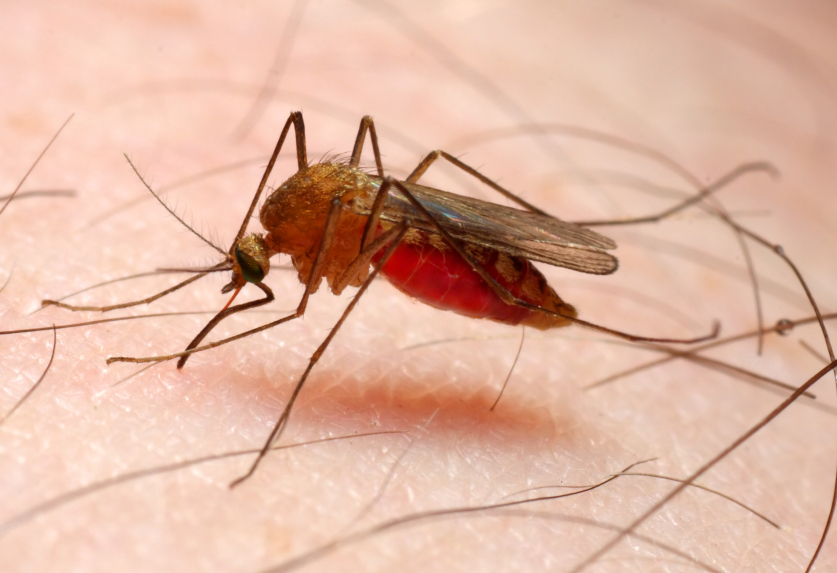Denying malaria its vitamins
 Researchers may have developed a technique to stop malaria parasites from using vitamin B1 as a pathway to proliferation.
Researchers may have developed a technique to stop malaria parasites from using vitamin B1 as a pathway to proliferation.
Australian National University Pharmacologist, Dr Kevin Saliba led the latest research into malaria fighting techniques, saying his team found it can “target the pathways by which the parasite takes up the vitamin and metabolises it... these pathways can serve as drug targets."
Just like humans, growing malaria parasites need vitamins to grow healthy and reproduce, often choosing vitamin B1 (thiamine) as a tool to bind a number of energy-producing enzymes. The researchers from ANU have sought to exploit this habit and stop malaria feasting from its favourite source.
In an invitro experiment, the researchers found that the parasite metabolised a thiamine analogue into a cofactor which binds to the enzymes, but they found evidence that the analogue was inhibiting one of the enzymes. The tests reportedly had some outcomes “consistent with the drug having some toxicity," says Saliba.
Malaria is an extremely adaptive disease, but this technique may help cut it off at the pass.
“The malaria parasite has become resistant to just about all the drugs we've used against it," says Saliba, “it will be more difficult for the parasites to become resistant to a drug that's binding to several enzymes.”
According to the World Health Organization, about 3.3 billion people - almost half of the world's population - are at risk of malaria.
The ANU findings have been published in the Nature Communications journal.








 Print
Print